National Assembly Delegate Trieu Thi Ngoc Diem (Can Tho) is concerned about the regulation that gives the Chairman of the People's Committee at the commune level the authority to mobilize, transfer, second, arrange and assign personnel at public educational institutions managed by the locality.
"This clearly demonstrates the strong decentralization and delegation of power associated with the characteristics of the 2-level local government model. However, currently, the commune level does not have a specialized agency for education; the cultural and social department only has one civil servant in charge of the education and training sector.
Meanwhile, the work of mobilizing, transferring or arranging personnel in public educational institutions is not just a procedural process but must be associated with a comprehensive assessment of the professional capacity, ethics, development direction and ability to fulfill the tasks of each teacher and manager," delegate Diem stated.

National Assembly Delegate Trieu Thi Ngoc Diem ( Can Tho ). Photo: National Assembly
According to the delegate, this process is closely linked to the mechanism of recruitment, use and management of human resources in the education sector, which is currently under the authority of the Director of the Department of Education and Training. Transferring all of this authority to the commune level may lead to a situation where the work of evaluating human resources does not ensure full information, and is not consistent with the principle of linking professional management responsibilities with human resource and financial management according to Resolution 71.
From there, the delegates proposed to continue to delegate the authority to mobilize and arrange personnel to the Chairman of the People's Committee at the commune level to suit the 2-level local government model but not separate professional and technical management from the education sector.
Delegates recommended implementation through a close coordination mechanism, with only partial decentralization to localities to ensure consistency in evaluating and using human resources.
If each school and commune organizes teacher recruitment, there will be problems.
National Assembly Deputy Hoang Van Cuong ( Hanoi delegation) expressed his opinion on the recruitment and transfer of teachers at all levels of general education. According to the delegate, to meet the requirements of building a team of dedicated and competent teachers, the recruitment work needs to ensure competitiveness and consistency.
The delegate proposed that the Department of Education and Training organize a common recruitment exam for all schools in need of teachers in the whole province.
"The unified exam will create a common measure for all candidates, helping schools recruit enough teachers in order from highest to lowest scores. Candidates who fail to pass one school can apply to another school using their own exam results," said National Assembly member Hoang Van Cuong.

National Assembly Delegate Hoang Van Cuong (Hanoi delegation)
Delegates said that if each school or commune organized its own entrance exam, there would be a large number of exam questions and exam councils, causing costs and not ensuring uniformity in exam quality. This could cause recruitment results between schools to be incompatible with the actual capacity of candidates.
In addition, the delegate emphasized that the current context of declining birth rates and migration has caused the number of students to fluctuate constantly between localities. Therefore, he said that there should be a mechanism to transfer teachers from areas with surplus to areas with shortage. This should be assigned to the Department of Education and Training with the authority to recruit and transfer teachers to implement flexibly and in accordance with the proposal in the draft resolution.
Concerned about the preferential allowance policy for teachers, delegate Hoang Van Cuong also said that according to the draft, the allowance level is determined to be 70% for preschool and primary school teachers; 30% for staff; 100% for teachers working in particularly difficult areas.
Although not in the group entitled to this incentive, the delegate acknowledged that the clear regulation of the allowance regime demonstrates the concern for the teaching staff. The Law on Teachers stipulates the principle that teachers are ranked with the highest salary in the administrative career salary scale system.
The nature of the teaching profession is that teachers must maintain their image and standards to set an example for students. Unlike many other professions, teachers cannot take on additional jobs to increase their income; even teaching additional jobs in their field is subject to control to ensure that it does not affect their main teaching duties.
According to the delegate, the teaching profession has specific limitations in increasing income outside of salary. Therefore, having a preferential allowance policy will create conditions for teachers to feel secure in their work and focus on teaching tasks at school.
Delegates also said that when enjoying better policies, the requirement to supervise the performance of teachers' duties and responsibilities also needs to go hand in hand, contributing to forming a team of standard teachers.
Source: https://vietnamnet.vn/national-congress-delegates-are-at-risk-when-the-chairman-of-the-xa-is-at-risk-of-using-teachers-2464623.html


![[Photo] Lam Dong: Panoramic view of Lien Khuong waterfall rolling like never before](/_next/image?url=https%3A%2F%2Fvphoto.vietnam.vn%2Fthumb%2F1200x675%2Fvietnam%2Fresource%2FIMAGE%2F2025%2F11%2F20%2F1763633331783_lk7-jpg.webp&w=3840&q=75)

![[Photo] President Luong Cuong receives President of the Senate of the Czech Republic Milos Vystrcil](/_next/image?url=https%3A%2F%2Fvphoto.vietnam.vn%2Fthumb%2F1200x675%2Fvietnam%2Fresource%2FIMAGE%2F2025%2F11%2F20%2F1763629737266_ndo_br_1-jpg.webp&w=3840&q=75)

![[Photo] National Assembly Chairman Tran Thanh Man holds talks with South Korean National Assembly Chairman Woo Won Shik](/_next/image?url=https%3A%2F%2Fvphoto.vietnam.vn%2Fthumb%2F1200x675%2Fvietnam%2Fresource%2FIMAGE%2F2025%2F11%2F20%2F1763629724919_hq-5175-jpg.webp&w=3840&q=75)

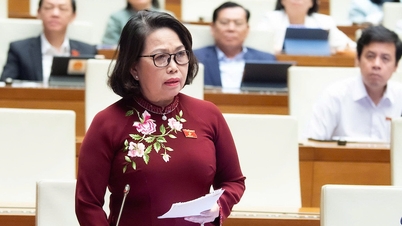

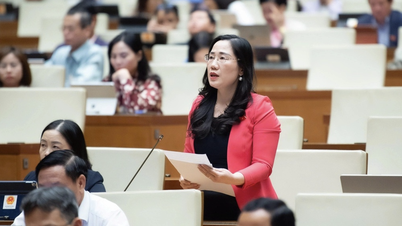

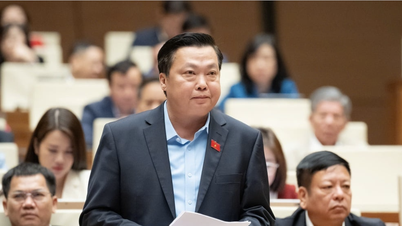
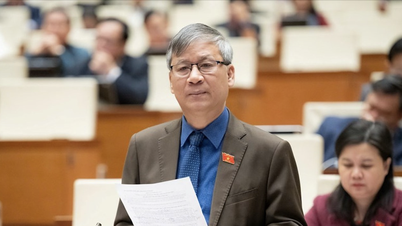
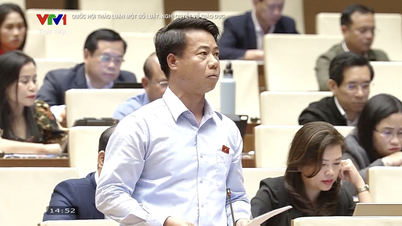


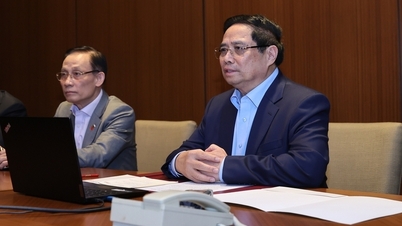





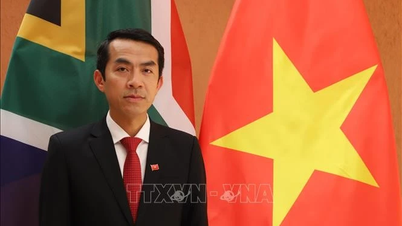








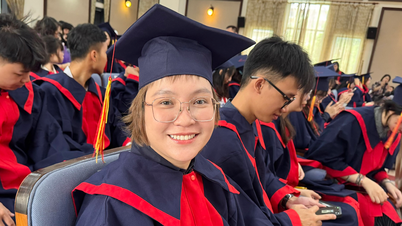














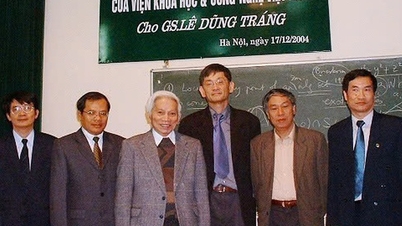




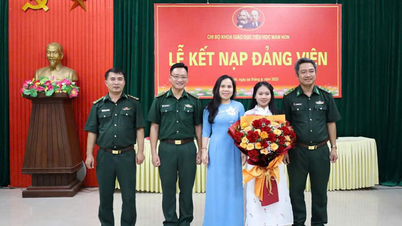





























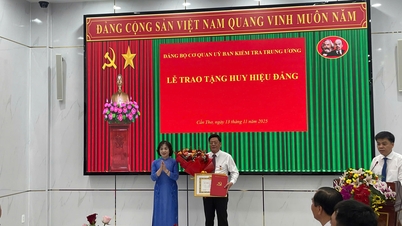









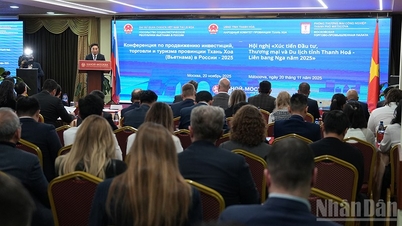















Comment (0)